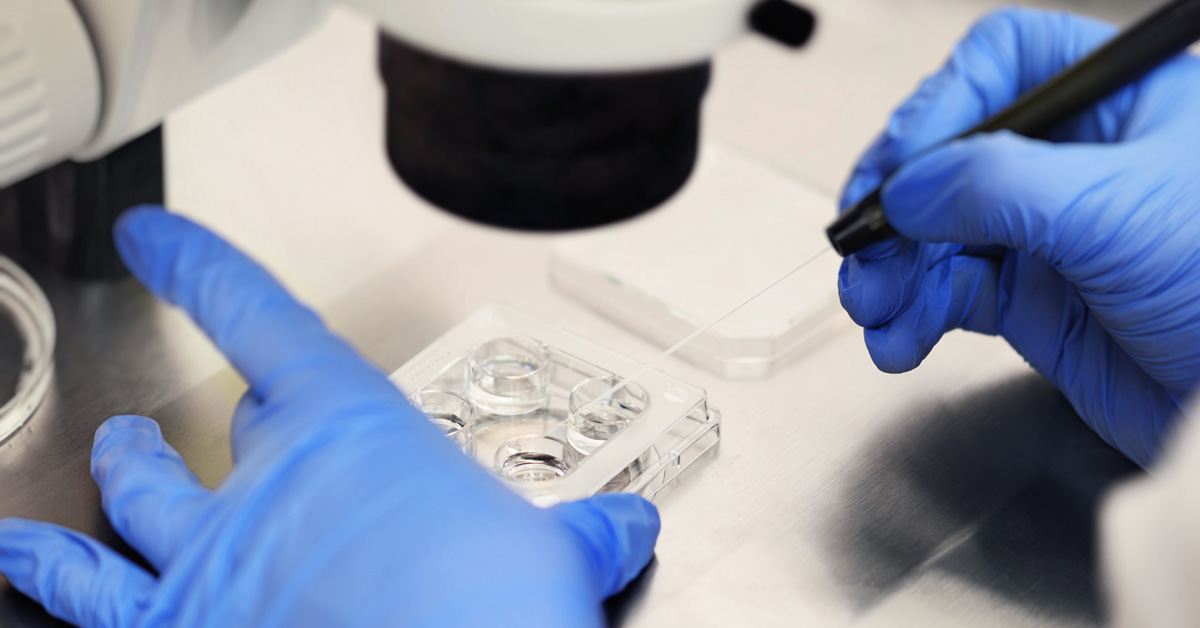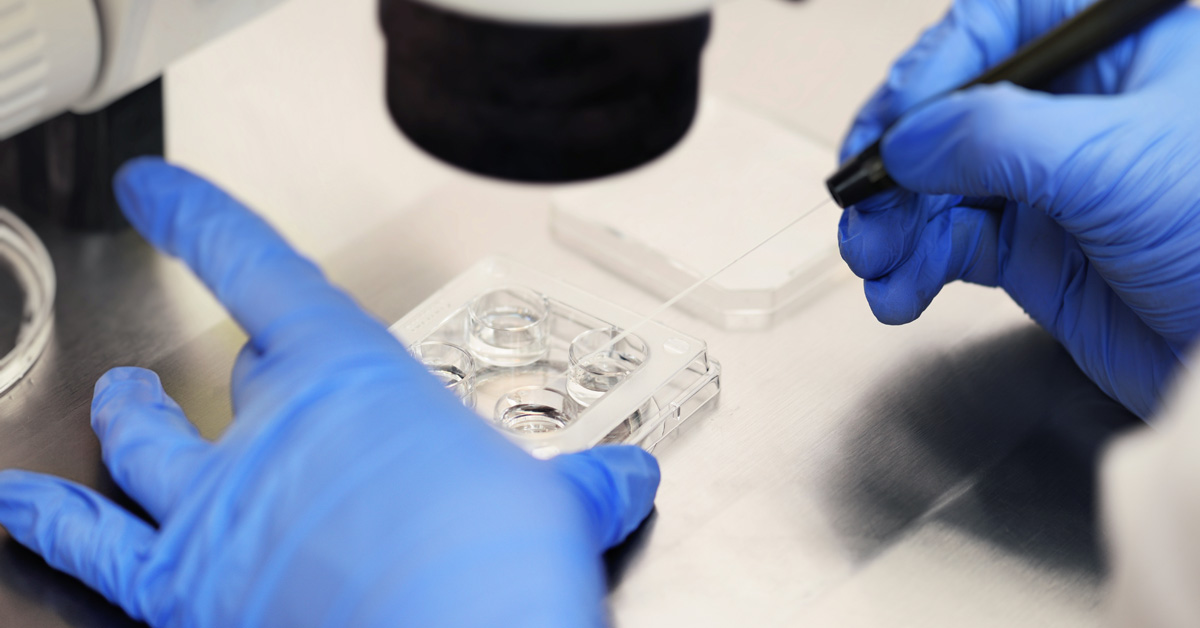Uterus transplants enable successful pregnancies, study finds
Since 2016, uterus transplants have been carried out by some important Human Reproduction organizations in the world.
The results obtained by the studies demonstrated the effectiveness of the procedure and the uterus transplants performed allowed successful pregnancies.
Between 2016 and 2021, 33 women were transplanted with uteruses from living donors.
Remarkably, the study has revealed that a significant 58% of these transplant women have already experienced the joy of successful pregnancies.

All recipients of the transplanted uteruses had absolute infertility. That is, they were born without a uterus or had to have it removed.
Therefore, this is an alternative that is interesting for women who dream of motherhood but are infertile.
However, even though uterus transplantation has allowed successful pregnancies and is already a clinical reality in the United States, for example, the subject still raises many doubts.
Want to know more about the topic? Continue reading, and we will explain some details about this procedure.
How is a uterus transplant performed?
Firstly, uterus transplantation is indicated for women who have infertility.
Some causes of infertility can be attributed to the following factors:
- Malformation in the uterus that could not be corrected surgically;
- Lack of birth uterus;
- Removal of the uterus due to cancer, fibroids, etc.;
- Uterus present but not fully functioning;
- Uterus with post-radiotherapy sequelae
The procedure is carried out through a complex surgery that demands maximum care for both the recipient and the donor.
Living donors undergo a series of assessments to prove that they are in good health. Uterine transplantation can also be performed using a cadaveric uterus.
The health status of the organ recipient is also carefully evaluated in order to preserve the chances of the transplant being successful.
Once compatibility and good health of both parties are verified, the surgical procedure can be carried out.
It is necessary to use immunosuppressive medication to prevent organ rejection.
The new uterus is viable for up to two pregnancies, being removed after birth through hysterectomy.
This is necessary because the permanence of the transplanted uterus in the body requires the use of immunosuppressive medication for life, which may not be viable for the body.
Is it possible to get pregnant naturally after a uterus transplant?
Natural pregnancy is impossible, as the new uterus is not connected to the ovaries.
This is because connecting the transplanted uterus to the ovaries can generate scars that would make it difficult for the egg to move through the tubes.
It can also favor the development of ectopic pregnancy, which puts the mother’s life at risk and compromises the pregnancy.
Therefore, in vitro fertilization and freezing of embryos are part of the process.
This step is essential to preserve the vitality of the embryo that will be implanted in the future after there has been no rejection of the transplanted organ.
Does a uterus transplant allow successful pregnancy?
Uterine transplantation is considered effective when pregnancy occurs, and the woman gives birth to a healthy baby.
Of the 33 women who participated in the study published in the scientific journal Jama Network, 19 became pregnant and gave birth.
There were then 21 healthy babies born to women who received a new uterus from a donor.
In some cases, the transplanted uterus was still in good condition 1 year after the operation.
More than half of the babies born in transplanted uteruses were born at more than 36 weeks of gestation.
From this study, the effectiveness of uterus transplantation is proven.
Read more about the subject on our blog!
How much does it cost to have a uterus transplant?
In Brazil, uterus transplantation is still experimental, so there is no market value for the procedure.
It is also not carried out by the Unified Health System (SUS).
What is known so far is that the procedure requires a multidisciplinary medical team to be carried out.
Both donors and recipients can suffer medical complications and require hospitalization, medication, and care.
In general, uterus transplantation is framed as a form of fertility treatment.
For all these reasons and the risk involved in the procedure, the cost of carrying it out is estimated to be high.






